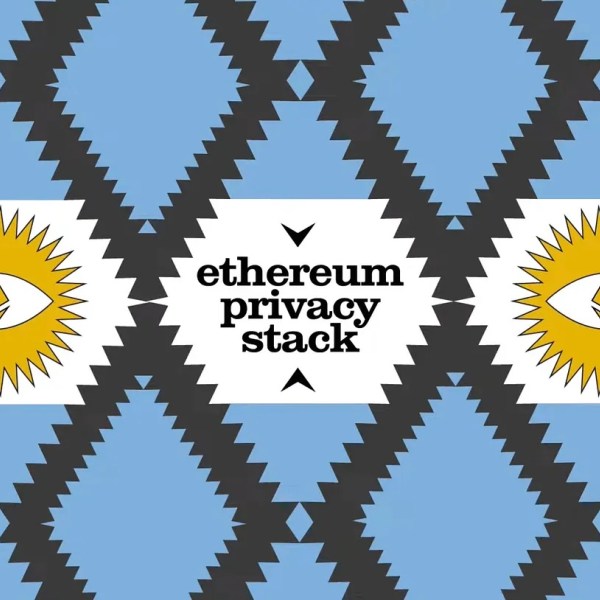Bitcoin's Dual Role: Store of Value and Catalyst for High-Value Real Estate Transactions
- Bitcoin's integration into high-value real estate transactions accelerated in 2025, driven by its role as both a store of value and inflation hedge. - Valuation divergence emerged as Bitcoin outperformed real estate, with crypto-backed deals exceeding $1B and high-profile purchases like Miami penthouses and Beverly Hills properties. - Institutional adoption grew, with 59% of portfolios allocating to Bitcoin, supported by regulatory shifts like Trump's mortgage-eligible crypto directive and Dubai's tokeni
The integration of Bitcoin into high-value real estate transactions has accelerated in 2025, driven by its dual role as a store of value and a medium for acquiring tangible assets. As macroeconomic uncertainty and regulatory clarity reshape global markets, Bitcoin’s adoption in real estate reflects a strategic shift toward liquidity, efficiency, and inflation hedging.
Bitcoin’s Valuation Divergence and Real Estate Transactions
Bitcoin’s rapid appreciation between 2023 and 2025 has created a valuation divergence with real estate. For instance, a property purchased for 22.5 BTC in 2023 was valued at only 4.85 BTC by 2025, underscoring Bitcoin’s outperformance over traditional real estate [1]. This trend has spurred a surge in crypto-backed transactions, with over $1 billion in real estate deals involving cryptocurrency by mid-2025 [3]. High-profile examples include Michael Arrington’s $22.5 million Miami penthouse, purchased entirely with Bitcoin [3], and Christie’s International Real Estate’s $65 million Beverly Hills property deal [5]. These transactions highlight Bitcoin’s growing acceptance as a medium of exchange for tangible assets, particularly in luxury markets.
Bitcoin as a Store of Value vs. Real Estate
Bitcoin’s structural advantages—fixed supply, programmability, and institutional-grade infrastructure—position it as a superior store of value compared to real estate. Institutional investors now allocate 59% of their portfolios to Bitcoin, viewing it as a digital counterpart to gold [2]. This shift is reinforced by Bitcoin’s Sharpe ratio of 1.3, outperforming real estate’s 0.5–0.7 [1]. While real estate offers stable cash flow and tangibility, it struggles with inflation vulnerability and illiquidity. For example, a €1.2 million home in Cyprus saved the buyer €44,000 in fees by using crypto, demonstrating Bitcoin’s cost efficiency [2].
Institutional Adoption and Regulatory Tailwinds
Regulatory developments have further legitimized Bitcoin’s role in real estate. The Trump administration’s 2025 directive allowing crypto as mortgage-eligible assets and Dubai’s tokenization initiatives have facilitated cross-border transactions [2][4]. Platforms like Propy and TEKCE now facilitate over 2,500 crypto property deals globally [2], while U.S. spot Bitcoin ETFs have attracted $118 billion in inflows by Q3 2025 [1]. These developments signal institutional confidence in Bitcoin’s ability to hedge against fiat devaluation and global monetary instability.
Hybrid Strategies and Future Outlook
Investors are increasingly adopting hybrid strategies that combine Bitcoin’s liquidity with real estate’s sector-specific resilience. Tokenized real estate, enabled by blockchain, allows fractional ownership and automated property management through smart contracts [4]. For example, Spain Homes completed 15 crypto-based home sales in October 2024, averaging €500,000 each [2]. Meanwhile, platforms like Milo offer 30-year mortgages collateralized by Bitcoin, blurring the lines between digital and traditional finance [5].
Despite Bitcoin’s volatility, its 2025 performance—nearly doubling in price—has outpaced traditional assets like gold and equities [5]. Family offices and younger investors, particularly Millennials and Gen Z, are embracing Bitcoin for its accessibility and inflation-hedging properties [3]. As Deloitte predicts $4 trillion in tokenized real estate by 2035 [1], the convergence of Bitcoin and real estate will likely redefine wealth management, prioritizing digital-first strategies.
Conclusion
Bitcoin’s dual role as a store of value and a medium for tangible asset acquisition is reshaping high-value real estate transactions. While challenges like regulatory uncertainty persist, the combination of institutional adoption, technological innovation, and macroeconomic trends positions Bitcoin as a cornerstone of modern wealth preservation. For investors, the key lies in balancing Bitcoin’s liquidity with real estate’s stability—a hybrid approach that capitalizes on the strengths of both assets.
**Source:[1] Bitcoin as a Disruptive Store of Value: Challenging Real Estate's Dominance [3] Bitcoin's Emerging Dominance as a Store of Value Over Real Estate [3]
Disclaimer: The content of this article solely reflects the author's opinion and does not represent the platform in any capacity. This article is not intended to serve as a reference for making investment decisions.
You may also like
Price predictions 11/28: BTC, ETH, XRP, BNB, SOL, DOGE, ADA, HYPE, BCH, LINK

Ethereum Privacy’s HTTPS Moment: From Defensive Tool to Default Infrastructure
A summary of the "Holistic Reconstruction of Privacy Paradigms" based on dozens of speeches and discussions from the "Ethereum Privacy Stack" event at Devconnect ARG 2025.

Donating 256 ETH, Vitalik Bets on Private Communication: Why Session and SimpleX?
What differentiates these privacy-focused chat tools, and what technological direction is Vitalik betting on this time?
